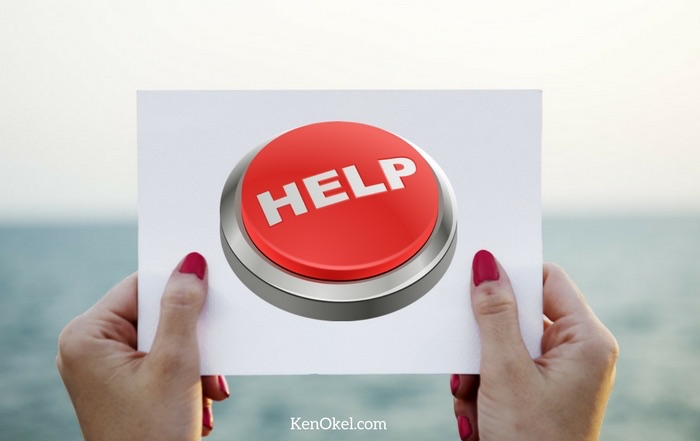
Having an emergency plan at your business can save you time and money. It’s preparation for unexpected things that could paralyze your operations.
While most people agree that having a emergency plan is a good thing, creating or updating one often gets postponed due to busy days. This leaves your productivity very vulnerable, which could dramatically hurt your business.
Consider these issues and decide whether your business is really prepared for an emergency:
Finding a Temporary Office
Sometimes an emergency is something big like a natural disaster, a fire, or a health and safety issue, like widespread mold contamination. It makes you unable to get into your office.
Is there a place where you could set up temporary offices? Whether it’s a rental situation or free space from another business, do you know where you’d go? You should consider setting up reciprocal arrangements with other businesses before a crisis.
Having a rough idea of what you’d do is not a plan.
Equipment Needs
Can your phones be easily transferred to other numbers? Do one or more people know how to do this process or is it something that has never been attempted. In a crisis, you want people who know what to do. Learning how to do something in a crisis rarely results in a smooth outcome.
If you have backup equipment that’s portable, like laptops and cell phones, how quickly can those items be ready to go? Will they need to be charged? If you haven’t used electronic items for a long time, they may need software updates, which can delay availability.
In today’s online world, it may be best to have employees work from home during your emergency. You may need to have them interact through conference calls. Do you have a provider for this service and do multiple people know how to use the system? Also, you may need to expand your current plan to support more users.
People Power
Sometimes an emergency takes a valuable employee off the job for an extended period of time. Smart organizations believe in cross training employees, so work is completed during the absence and not piling up on a desk.
This kind of training is like an insurance policy. You may never need it but it protects you from a massive loss of productivity.
People Hate Uncertainty
An emergency plan provides a level of confidence and security for your team. They won’t panic when the unexpected arrives.
A big part of this process is making sure people understand the plan or at least know that one exists. Your emergency plan can’t be a dusty document that’s never discussed.
Disruption to your operations carries a big price. Make sure you’re prepared.
Update
I wrote this article shortly after Hurricane Harvey, not knowing I’d need the advice after Hurricane Irma. Below is the view I had at night during my three nights spent in a hurricane shelter.
While it was tough spending the time in a shelter, it was the smart move as I did not feel safe getting through a Category 4 storm in my home. I was unable to fly out of Florida, as all flights were booked. Driving out of the state was risky, as major roads saw traffic crawling and there was no guarantee of gasoline during the trip. I also wasn’t sure if I could drive by myself for more than 20 hours.
All of this reminded me of the importance of having an emergency plan. It’s not fun to do but you’ll be much better prepared for the unexpected. You can’t always avoid the storm but you can weather it.
For more on this update click on this article about the lessons of Hurricane Irma.







